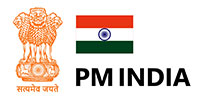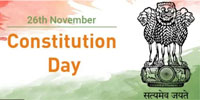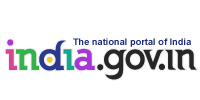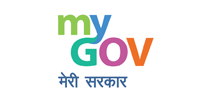Cotton TAP for Africa: In Country Training Programme on “Post-harvest Management of Cotton and Value Addition to Cottonseed and Crop Residues” conducted at Uganda and Malawi under Cotton TAP by ICAR-CIRCOT, Mumbai.
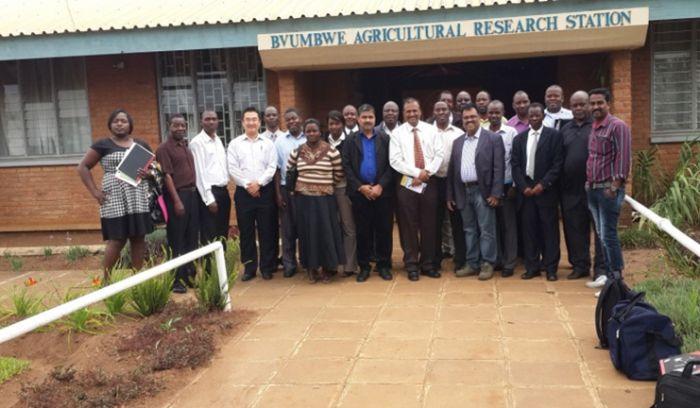
CIRCOT conducted “In- country training programme on Post-harvest Management of Cotton and Value Addition to Cottonseed and Crop Residues” at Uganda and Malawi under Technical Assistance Programme (TAP) for development of cotton sector in African countries. It was implemented as per Second Africa-India Forum Summit (AIFS). Objective of this programme was to strengthen the human resource from government R&D, production and extension professionals and entrepreneurs from private sectors for post harvest management of cotton and utilization of cottonseed and crop residues.
A group of 25 professionals from Uganda and 21 professionals from Malawi from different organizations engaged in development of cotton sector viz., government and private sector, policy makers, production technologists, scientists, entrepreneurs were trained. Training cum workshop was conducted during 12-16, Nov, 2014 at Cotton Development Organization, Kampala, Uganda and during 17-19, Nov, 2014 at Bvumbwe Agricultural Research Station, Blantyre, Malawi.
CIRCOT scientists shared their experiences with participants from Uganda and Malawi about the various aspects of cotton technology suitable for African countries, viz. appropriate technologies for the cotton ginning, importance of cotton quality assessment, value addition to cottonseed and crop residues for preparation of value added products viz. briquettes, pellets, compost, particle boards, etc. The participants were also given hands on experience training at the ginning and cottonseed oil extraction industries. The field visits were also arranged in order to give industrial exposure to the participants. The participants were benefitted by the lectures, demonstrations, trainings, discussions and deliberations held during the programme. Further replicating India’s initiatives in productivity improvement, processing methods, and skill development, on farm practices and policies, post-harvest processing and value addition in cotton sector would benefit African countries. The suggestion and recommendation brought out during the wrap up discussions would benefit to improve the bilateral relations of India with both the countries and would be useful for building the future programmes for the strengthening the cotton sector in these countries.
Dr. P. G. Patil, Director, Er. A. K. Bharimalla, Senior Scientist and Er. V. G. Arude, Scientist from CIRCOT, Mumbai conducted and coordinated the programme at Uganda and Malawi.
- Back to previous page
- |
-
Page last updated date:27-03-2024 12:26 PM




